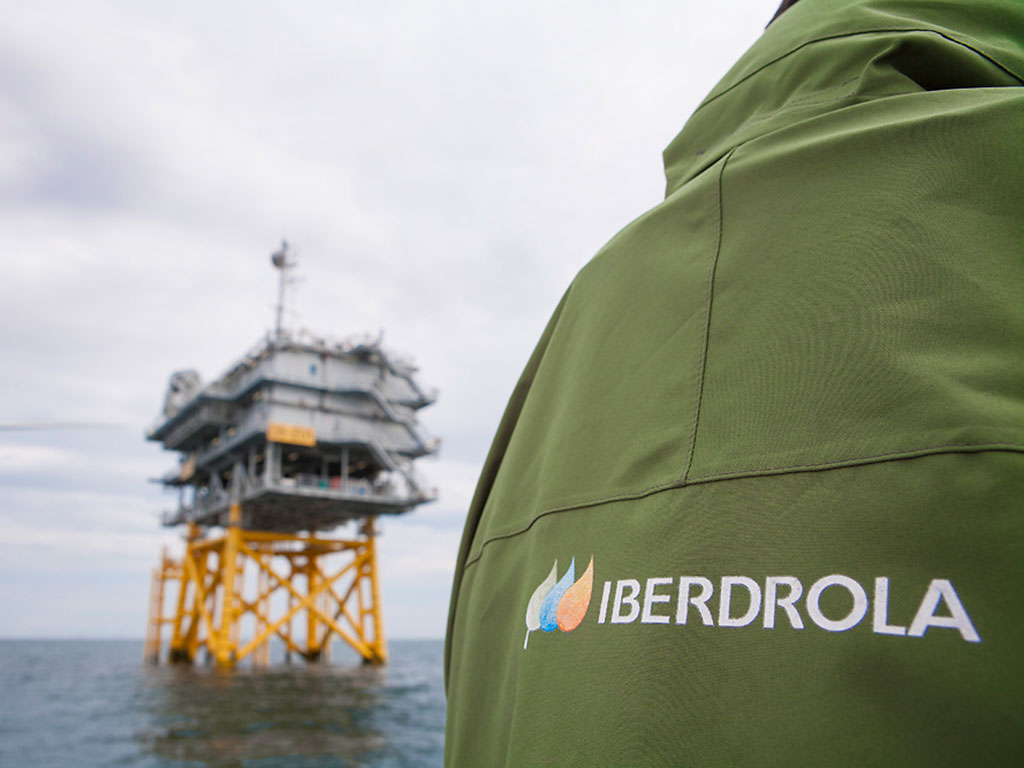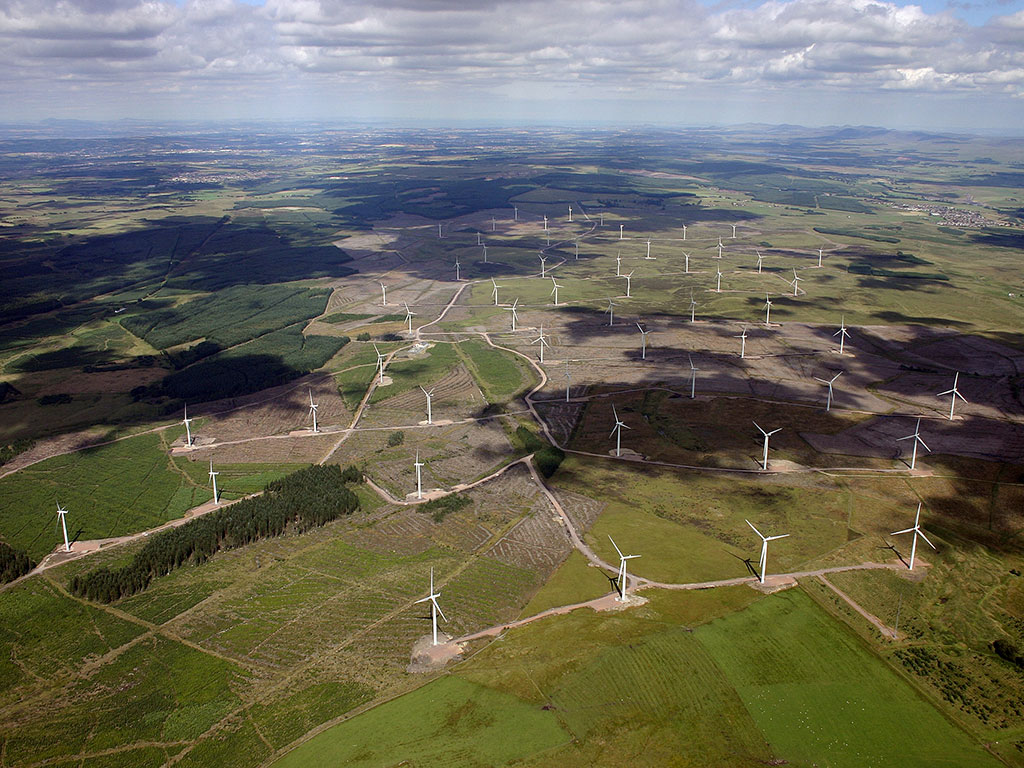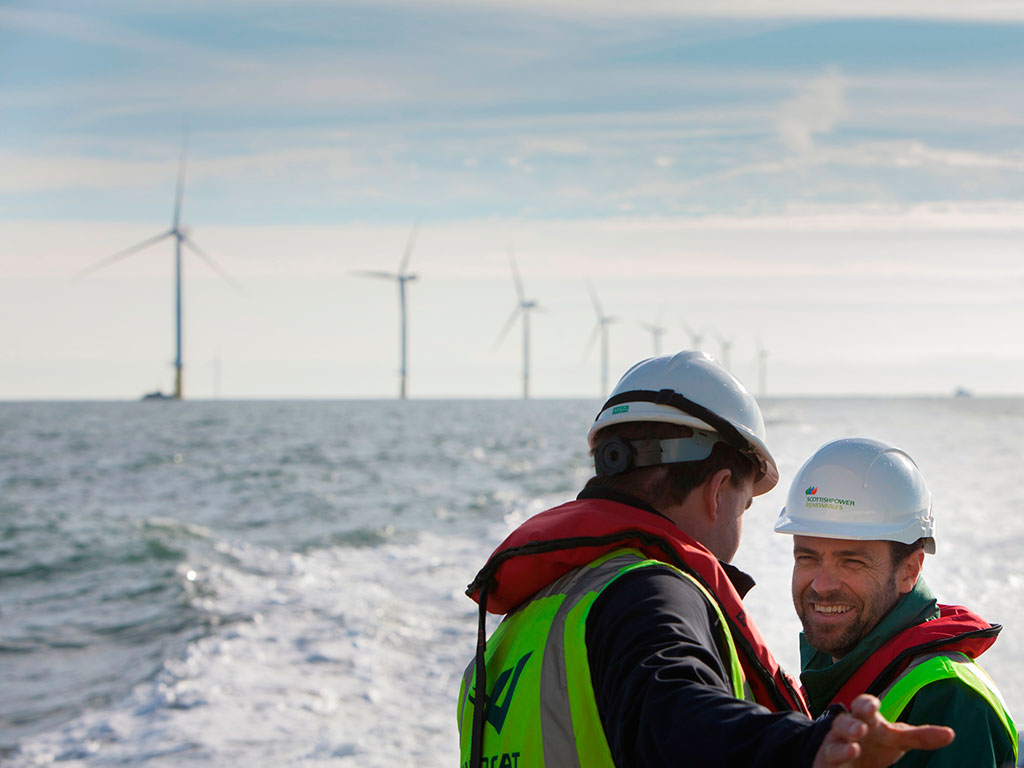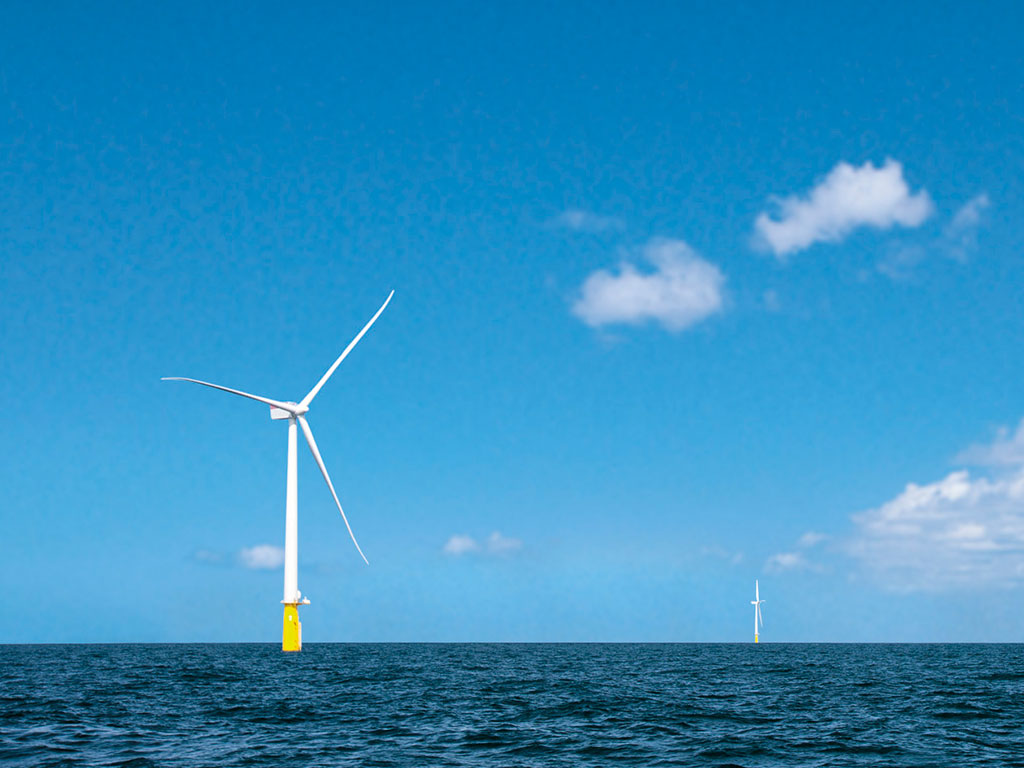Decarbonisation in the energy industry
[E]xamples like Iberdrola offer an important insight into how companies can promote sustainable development
Many hoped that last year’s Paris talks would mark a historic turning point in the fight against climate change, and a commitment to keep global average temperatures “well below 2°C” was interpreted by some as evidence of just that. Months on from the landmark climate agreement, it’s clear that the main challenge was not convincing nations to sign up, but getting them to abide by their commitments.
These pledges – or INDCs – ranged through a commitment to end deforestation, investment in renewables and a reduction in fossil fuels dependency, yet the fact remains that the transition to a low carbon economy applies not only to governments but businesses also. The finished text was stronger than anticipated; yet nowhere in it was the word ‘decarbonisation’ mentioned. The role of the energy industry, therefore, is of great importance if countries are to go above and beyond the promises set out in Paris.
While enforcing carbon reduction and innovation can be difficult to manage at a corporate level, examples like Iberdrola offer an important insight into how companies can promote sustainable development and lead the charge to decarbonisation in the utility industry.
“The company is a model of industrial success, engaged in a process of continuous growth that has prioritised green energy, and has surpassed its peers over the last few years in all of the economic, financial, and industrial variables that we can examine,” says Ignacio Galán, Iberdrola’s Chairman and CEO.
Already, the company’s emissions per kWh are 30 percent lower than the European average, and an impressive 62 percent of capacity is emissions-free. And as a global energy company and an outspoken advocate of renewables, Iberdrola offers an important example of how the industry can spearhead sustainable development and foster new and innovative advances.
The process

West of Duddon Sands offshore wind farm – one of Iberdrola’s projects
Europe – Key stats
45%
Europe’s contribution to global clean energy investment, 2010
18%
Europe’s contribution to global clean energy investment, 2015
According to Galán, the world needs technology-neutral incentives for decarbonisation in order to encourage the development of the most efficient energy sources and drive technological change. These measures include, but are not excluded to, tools such as domestic policies and carbon pricing schemes, as recognised by the Paris agreement.
Decarbonisation is not a goal that is explicitly stated in the Paris text, however it’s widely accepted as an ambition among many of the signatories. Strengthened carbon price markets and stable regulations to foster efficient technologies will provide the right signals to the financial community and attract investment to clean energy sources. This shift away from so-called “dirty” fuels would not only reduce emissions, but create millions of ‘green’ jobs and foster a more sustainable means of prosperity.
Although climate change remains a much-cited topic in corporate and political circles, the issue of decarbonisation is rarely talked about. The Deep Decarbonisation Pathway project (DDPP), coordinated by the Institute for Sustainable Development and International Relations and the UN’s Sustainable Development Solutions Network, sets out a roadmap for governments looking to realise ambitious climate targets.
Should energy companies choose to pursue these wide-ranging commitments to low carbon alternatives, governments will be another step closer to realising emissions reductions. The input of Iberdrola, together with any number of likeminded companies, surely cannot be underestimated.
With a market capitalisation of €42bn and assets in the magnitude of €92bn, Iberdrola is well placed to lead the adaptation to a low carbon economy in the energy industry and has done a great deal to this end. “A market-driven approach to decarbonisation,” says Galán, “would reduce emissions, create jobs and drive sustainable growth, and the electricity sector has the potential to account for 40 percent of the accumulated reduction by 2050.”
European energy industry

Black Law wind farm in Lanarkshire, Scotland
Europe is still number one in terms of renewable penetration and has its sights set on ambitious emissions reductions targets through to and beyond 2020
Europe has long been a market leader in renewables investment, though inconsistent and sometimes-short-sighted policies have had serious consequences for clean energy in recent times. The continent accounted for as much as 45 percent of global clean energy investment in 2010. However, due to aforementioned issues, investment has more than halved in the time since and Europe, as of 2015, accounted for just 18 percent of the total.
Despite investment having fallen to its lowest point since 2006, Europe is still number one in terms of renewable penetration and has its sights set on ambitious emissions reductions targets through to and beyond 2020. Renewables make up approximately 50 percent of Denmark’s energy mix, 38 percent of Spain’s, 33 percent of Italy’s and 30 percent in Germany, which again underlines the continent’s commitment to low carbon alternatives.
The EU’s Renewable energy directive sets out a binding target of 20 percent energy consumption from renewable sources, and each of the bloc’s 28 member states have set out their own individual commitments to this end. On top of this target, the EU’s 2030 Climate and Energy Package has set out ambitions for renewables to make up a 27 percent share of the bloc’s energy mix, though stops short of binding targets.
The contribution of companies like Iberdrola, therefore, is of paramount importance in demonstrating to governments that renewables are not only cleaner, but also competitive with carbon-intensive alternatives. As the European renewables industry looks to regain its leadership credentials, ambitious government proposals together with enterprising names in the energy industry should go some way towards kick starting the continent’s revival.
Assuming the commitments to emissions reductions stand, Europe could see the beginning of a bright and shining new era for renewables.
Iberdrola and sustainability

Iberdrola employees at West of Duddon Sands offshore wind farm
Iberdrola – Key stats
€24bn
Amount Iberdrola will invest in Europe’s low carbon transition, 2016-2020
50%
Amount Iberdrola intends to reduce the intensity of its emissions by before 2030
Iberdrola promises to form a key part of Europe’s plans to improve upon renewables’ share of the energy mix and, more crucially, contribute to decarbonisation in the energy industry. Looking at the period through 2016 to 2020, the company’s plans are to invest €24bn in Europe’s gathering low carbon transition. In doing so, Iberdrola will continue to create a business model based on the creation of long-term value and one that offers a sustainable return to stakeholders.
According to the company’s revised commitments, “The Outlook for 2016-2020 will continue to strengthen the Iberdrola business model, which is based on sustainability and long-term visibility, while at the same time maintaining a strong commitment to society and fostering development in the regions where the group has operations.”
The company’s plans are to reduce the intensity of its emissions by 2030 by 50 percent, going by 2007 levels, and to go carbon neutral by 2050 while creating stable and high quality employment opportunities. Again, these commitments fall in step with Iberdrola’s Sustainability Policy, which reflects the company’s main principles of conduct and sets out a framework of reference for establishing the goals of sustainable development.
Far from excluded to the issue of renewables, Iberdrola’s commitments go beyond decarbonisation in the energy industry and extend to the matter of governance. In view of creating added value for the company, Iberdrola’s governance systems include codes of conduct and compliance designed to guarantee transparency and preserve the creation of shareholder value.
Pouring over the company’s stated ambitions, it’s clear that sustainability is not merely a matter of emissions, but more about a culture that permeates the entirety of Iberdrola’s operations. In this sense, the company’s activities, products, services and management cycle abide by the same principles of integrity and sustainability.
Iberdrola’s achievements

Turbines at West of Duddon Sands offshore wind farm
Iberdrola has been recognised by specialist agencies and organisations across the globe as a pioneer in corporate sustainability
Given the characteristics of its generation mix, its investment profile and the commitments it has undertaken, Iberdrola has been recognised by specialist agencies and organisations across the globe as a pioneer in corporate sustainability and the company consistently ranks among the most impressive names in Europe. The company featured this year in Corporate Knights’ ‘Global 100 Most Sustainable Corporations in the World’ index, and was the only Spanish electricity utility to feature.
Of the factors taken into account by the prestigious organisation are transparency in disclosing sustainability practices, financial results, a strong balance sheet and a commitment to innovation – the latter being an area in which Iberdrola invests almost €200 million per year. Aside from the aforementioned aspects, the ranking also takes into consideration pollutant levels, waste management and the participation of women on the board, of which there are five at Iberdrola.
Iberdrola also features prominently in some of the world’s most prestigious sustainability rankings and its decision to reduce its emissions intensity by 50 percent by 2030 has been looked on favourably by ratings agencies.
It is the only European electricity utility to have been included in all 16 editions of the Dow Jones Sustainability Index. It was also given top marks in the Climate performance Leadership and Climate Disclosure Leadership sustainability indices. Having committed to mitigating climate change and investing in human capital, awards like these offer proof of the company’s sustainability credentials.
Iberdrola’s commitment to sustainability is not, however, a simple matter of box ticking, and the company’s objectives demand that other major utilities push through decarbonisation in the energy industry. Rather, the company is deserving of its reputation as a pioneer in the energy sector, and an important part of the transition to a low carbon economy. The electricity sector, through their commitments to the environment, to innovation and to people, will have a key role to play in limiting global warming both by establishing a carbon-neutral electricity supply as well as through the electrification of other sectors of the economy.